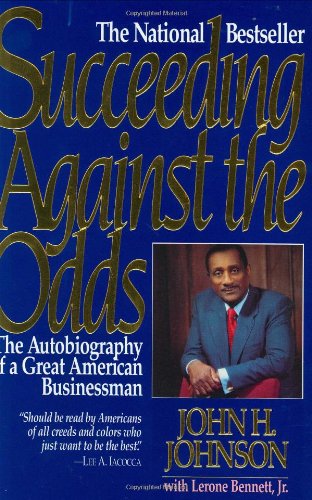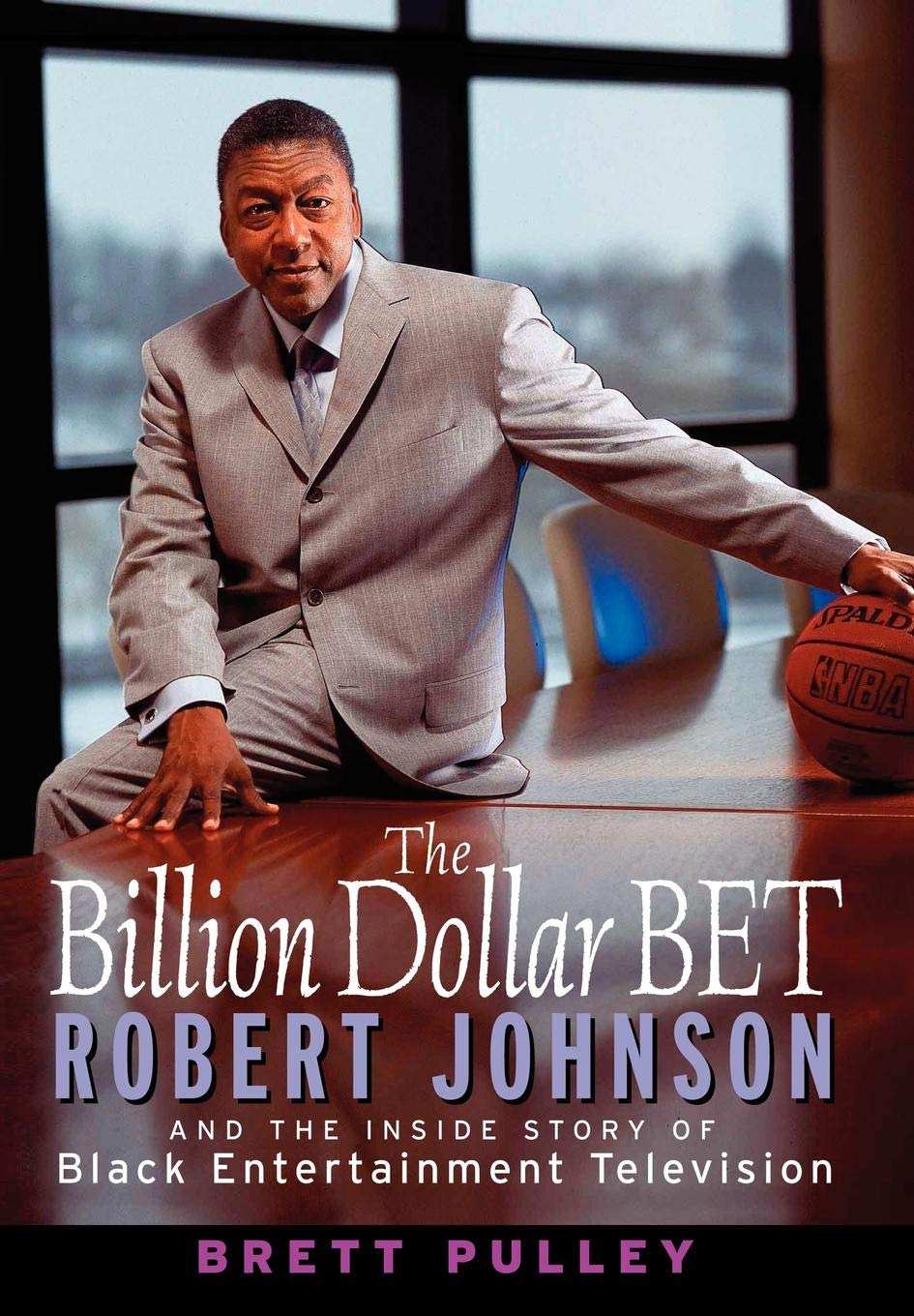John H. Johnson Part 1: An Arkansas Boy with Something to Prove
John H. Johnson founded Johnson Publishing Company, which published JET and Ebony magazines for decades. I learned about John when I read the biography of Robert “Bob” Johnson (no relation to John). Doing some research, I discovered that John started his company with $500 and grew it to over $174 million in annual revenue by 1987—almost $481 million in 2024 dollars. He grew without bank loans or investors (i.e., customer revenue only) for over a decade. This blew my mind, so I bought John’s autobiography, Succeeding Against the Odds: The Autobiography of a Great American Businessman, initially published in 1989.
Life started out rough for John. He grew up dirt poor in segregated Arkansas City, Arkansas. When he was eight years old, his father was killed in a sawmill accident. When he was nine, the Great Mississippi Flood of 1927 ravaged his city, and his family became homeless. As a child, John was forced to work to help his family make ends meet. He grew up feeling that his family wasn’t in control of their destiny. “[A} word or frown from a White person could change our plans and our lives,” he wrote. This feeling unnerved him.
There was no radio then, so information didn’t flow freely. What people believed was possible was based on what they saw. John’s mother, Gertrude Johnson Williams, who remarried, was a “dominant force” in the family and didn’t subscribe to this way of thinking. She believed that just because she hadn’t seen something, that didn’t mean it wasn’t possible, and that John could be more than what they saw in Arkansas City. Education was the key, but Arkansas City didn’t have a high school for Black students. She devised a plan to move to Chicago for more economic opportunities and better educational opportunities for John. The plan was to leave in the summer of 1932 when John finished eighth grade, but she didn’t have enough money. By the summer of 1933, she’d saved enough money to leave. John was 15 years old.
When they arrived, they found Chicago to be a “Black metropolis.” Seeing Black entrepreneurs, politicians, doctors, and lawyers made a lasting impression on young John. And his high school had more students than the entire population of Arkansas City. The primarily Black educators and administrators were a daily reminder of what was possible.
John’s classmates were poor, but John was a level below them. He had to wear clothes his mother made for him. During the Great Depression, his mother and stepfather lost their jobs, and the family went on welfare for two years. The shame of this experience left a lasting impression on John. Poverty and his deep southern accent made John the target of ridicule.
Determined to get even with classmates, he threw himself into excelling at his schoolwork. He became a voracious reader of self-help books, Black literature, and Black history. John spent significant time in the public library reading books about Blacks who had succeeded against the odds, which energized him. He also became an avid reader of Dale Carnegie’s books, especially How to Win Friends and Influence People. John took Carnegie’s principles to heart. He practiced in the mirror for hours daily and forced himself to speak up in class. The hard work paid off. His classmates didn’t just stop teasing him; they elected John class president in his junior and senior years. And John was invited to give a commencement speech at his high school graduation, which was highlighted in local newspapers.
John was a good student and received a partial scholarship to the University of Chicago, but it wasn’t enough, and his family couldn’t help. It was the depths of the Great Depression, and John was desperate to find a way to pay for college; this, plus the confidence he’d gained from practicing Carnegie’s methods, would lead to what John would do next.
Prefer listening? Catch audio versions of these blog posts, with more context added, on Apple Podcasts here or Spotify here!





